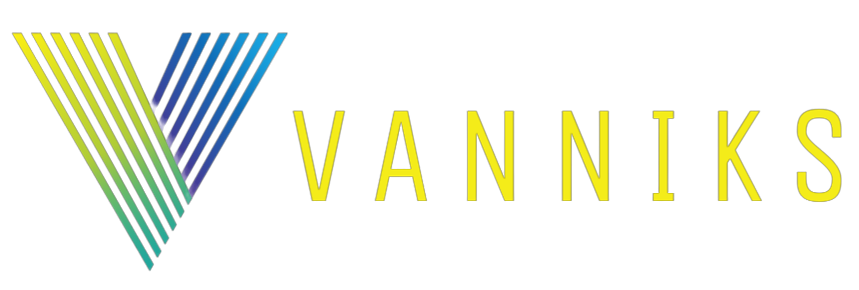Prototyping is a critical phase in the development of web applications. It allows developers to experiment with different ideas and features, test their viability, and get valuable feedback before diving into full-scale development. Laravel and Vue.js have emerged as popular choices for this crucial stage, and for good reason. In this expanded guide, we’ll delve into why these two frameworks are particularly well-suited for prototyping apps.
Why Prototyping Matters
Before we dive into the specifics of Laravel and Vue.js, it’s important to understand the value of prototyping. Prototyping allows you to:
- Validate your concept before investing significant time and resources
- Quickly iterate through different versions of your app
- Test usability and get early user feedback
- Reduce the risk of costly errors later in the development process
The Strengths of Laravel and Vue.js for Prototyping
1. Laravel: The PHP Powerhouse
Comprehensive Toolset
Laravel offers a comprehensive set of tools for tasks ranging from routing and authentication to caching and queueing. This means you can prototype complex features without having to integrate multiple third-party libraries.
Robust Ecosystem
With a plethora of packages, plugins, and extensions, Laravel’s ecosystem is a treasure trove that can accelerate the prototyping phase. Whether you need an admin panel or an API generator, there’s likely a package for that.
Community Support
Laravel boasts a large and active community. Forums, tutorials, and online courses are abundant, making it easier to find solutions to problems you may encounter during prototyping.
2. Vue.js: The JavaScript Jewel
Easy Learning Curve
Vue.js is known for its gentle learning curve. Its straightforward syntax and detailed documentation mean that even those new to JavaScript frameworks can get up to speed quickly.
Reactive Component-Based Architecture
Vue’s component-based architecture is a boon for UI development. It allows you to build reusable UI components, making it easier to iterate and make changes during the prototyping phase.
Performance Optimization
Vue.js is optimized for speed out of the box. Its reactivity system and virtual DOM ensure that your prototype will have high performance, allowing you to focus on feature development rather than performance tuning.
3. Synergy Between Laravel and Vue.js
Seamless Integration
Laravel and Vue.js work incredibly well together. Laravel’s backend capabilities complement Vue’s frontend prowess, providing a full-stack solution for your prototype.
Flexibility and Modularity
Both frameworks are designed with flexibility in mind. You can easily swap out parts of your application for testing different features or functionalities, which is invaluable during the prototyping stage.
Rich Documentation and Resources
Both Laravel and Vue are well-documented, and there’s a wealth of tutorials, forums, and third-party tools available. This makes it easier to overcome challenges and find best practices during the prototyping process.
Conclusion
Laravel and Vue.js each bring their own set of advantages to the table, but when used together, they form a powerful combination for prototyping web applications. Their flexibility, ease of use, and strong community support make them ideal choices for developers looking to quickly and efficiently transform their ideas into working prototypes. Whether you’re building a simple MVP or a complex web application, leveraging the strengths of Laravel and Vue.js can set you on a path to success.


